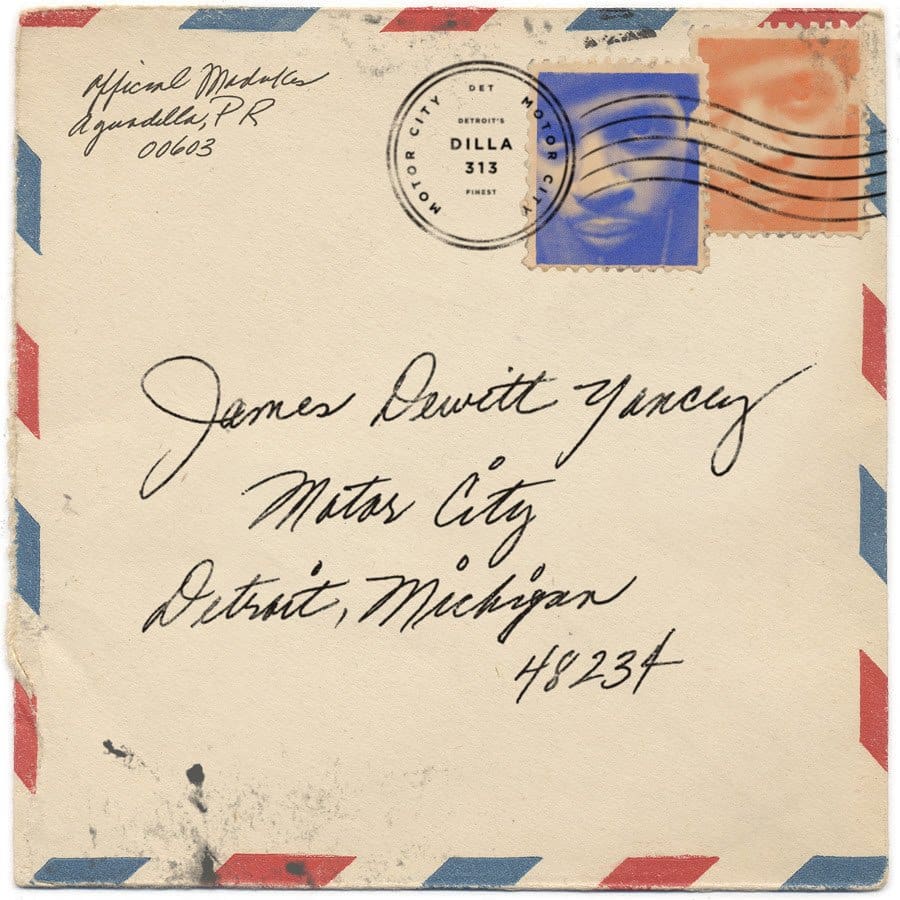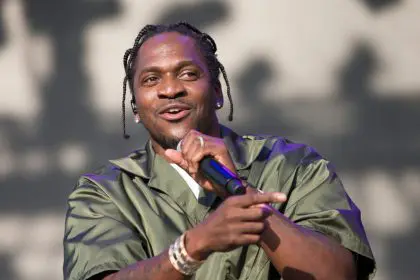
The year 2017 has been a great one for music releases. From Big Sean dropping I Decided at the top of the year, to most recently, Kendrick Lamar dropping the genre-shifting DAMN to critical acclaim, there is no room for talk of hip-hop music being a dying art form.
In the past few years, many projects have been released out of the late great J Dilla’s camp, (Dillatronic, 2015; The Diary, 2016) and Motor City happens to be the latest one in the producer’s massive catalog. Spearheaded by Ma Dukes, the 20 rare instrumentals serve as a tribute to Detroit and his neighborhood, Conant Gardens. Aside from the music, the album includes a letter from Ma Dukes dedicated to Dilla and the CD and vinyl copies are packaged in a special-edition mailing envelope.
“It took time for Dilla to learn how to make music. He came over diligently every single day and he would ask questions and I would teach him about it. It took a lot of practice for him to get it, but he had amazing natural skills for it already,” shared Amp Fiddler on J Dilla’s progression as an emerging producer.
Motor City is pure Detroit, from top to bottom. There is a distinction that creeps inside of each instrumental that isn’t heard on his other posthumous projects. Dilla seemed to be shifting his sound and becoming more open to using samples on each track.
On “Motor City 1,” the album’s opener, eerie dungeon sounds over dirty hip-hop drums can be heard. “Motor City 4” represents the classic boom-bap Dilla sound that fans love. Dilla’s timing was impeccable with samples and being able to give just enough, while not overdoing the essence of the record. “Motor City 7” provides chest-crushing 808s atop a country-western guitar loop. The switch up at 1:22 is a soulful, angelic ending to the track. As mentioned, Detroit was the main source of inspiration, which can be specifically linked to “Motor City 8, 9, 11,” and others.
Although Dilla could hang with these best spitters on the mic, he never needed words to articulate his message. He always allowed his production to breathe, experience emotions, and give feedback as if someone actually laid vocals over the music. Dilla was truly the Michael Jordan of music production. He never missed when it counted the most.














